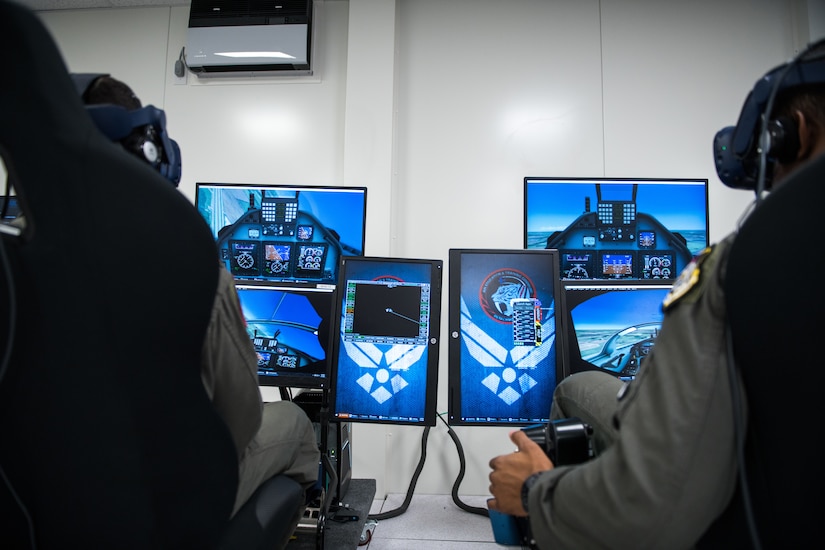Sept. 10, 2020 | , DOD News
Therefore, the Defense Department has a keen interest in taking the lead in AI research and development, said Air Force Gen. John E. Hyten, who spoke yesterday at the 2020 Department of Defense Artificial Intelligence Symposium and Exposition.

When most people think about how AI is created, they think it's all about the algorithms, he said. While algorithms are critical, they are just one of the seven building blocks that comprise AI, the others being data, software, computing, ethics, engagement with industry and international cooperation.
"Algorithms, to me, are actually one of the easier problems to solve," Hyten said. "But algorithms without the other building blocks are useless, especially when it comes to data and computing."
The department has an enormous amount of data in a number of different structures and formats, he said, noting that this is not necessarily a problem.
"I watched a company in California take data in a format that they'd never seen before and they did not try to reformat the data," he said. "They just taught the machine how to look at the data, understand the data, put it in their construct so they could apply their algorithms to that data, and with a couple of weeks and just a couple hundred thousand dollars they delivered a capability."
The amazing thing about AI, Hyten said, is that the computer can have a variety of sensors connected to it that can collect real-time data, learn from the data and discover new information.

When you integrate the sensing capability with the data, now, if you apply computing in the right way, you can accomplish just amazing things," Hyten added. "So you see, computing, algorithms and data are all part of the same puzzle. They can't be looked at separately. They have to be looked at together."
To process and manipulate all of the data that exists and that is to be discovered into something useful for the warfighter requires a fast and powerful computer, he said.
Algorithms are another critical component, he said.
"The data is kind of an enabling capability. The computer is the machine. The algorithms are the magic. And the software that puts it all together is going to be the key," Hyten said.
The department is not good at software development, he said.
"When it comes to AI, we had better figure out how to do it in a modern, quick way," he said. "In order for us to stay abreast of our adversaries and move ahead of our adversaries, we have to be able to move faster than our adversaries."
One way the department can move faster in software development is to put together small and nimble teams instead of having hundreds of people writing code at the same time on a single project, he suggested.
Ethics also plays an important part in AI development because ''there's a lot of challenges about what we do with artificial intelligence in warfare,'' he said.

Decisions about whether or not to engage in armed conflict should always be made by this nation's leaders, not by AI, he said. If leadership decides to use armed forces to achieve political objectives, then AI should be fully utilized as a tool of warfare under the control of humans.
Since the commercial sector is leading so far out in front with AI development, it is incumbent on the department to engage with industry and cut through the red tape and paperwork, Hyten said.
Allies and partners are also investing heavily in AI, so it's essential, as well, to reach out to friends and bring them aboard as partners, he said.
"We want peace on this planet. We want peace to be the world that our children live in. That's the world we want. That's what we need to use all of our capabilities for, and artificial intelligence is one of those," Hyten concluded.






No comments:
Post a Comment